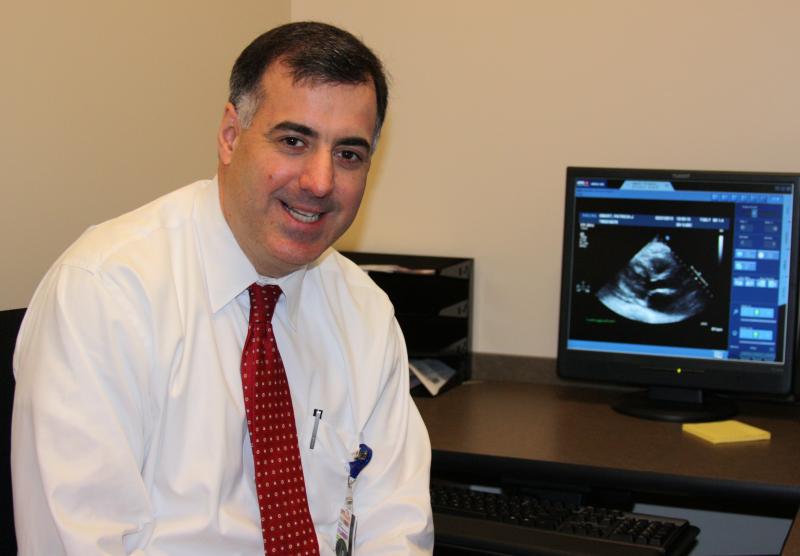Wareham cardiologist provides tips for a happy heart during American Heart Month
Heart disease is the most common cause of death in the country and worldwide.
Whether it's heart attacks, heart failure, arrhythmias, or other ailments, heart disease affects one in three women and one in two men at some point in their lifetimes.
In recognition of American Heart Month, annually celebrated in the month of February, Southcoast Physician Group Cardiologist Patrick J. Curran, who practices in Wareham and Fall River, offers some tips to keep your ticker healthy.
The big one, of course, is eating heart-healthy foods and getting regular exercise.
"Most people don't realize how important diet and exercise is," Curran noted.
The Centers for Disease Control and Prevention notes that eating foods that are high in fiber and low in saturated fat, trans fat, and cholesterol is paramount.
Some heart-healthy foods: Salmon, oatmeal, almonds, black beans, kidney beans, tuna, brown rice, sweet potatoes, asparagus. For more, visit www.choosemyplate.gov.
"Think about what you're eating," Curran said. "Don't shop when you're hungry."
As for exercise, just getting in 30 minutes per day, five days per week can significantly reduce a person's risk of getting heard disease.
"Start small," Curran says. "You can't do it all at once."
Begin with five minutes of exercise per day. Take the stairs instead of the elevator. Park further away from the store and walk.
There's no certain age at which heart disease strikes.
"I've had 30-year-olds in here. I've had 80-year-olds in here who are completely fine," said Curran. "No one realizes that they're mortal until something bad happens. They'll say, 'I've never been sick in my life.'"
That's why prevention is key.
Know whether you have high blood pressure, know whether you have high cholesterol, know whether you're prone to heart disease because of your family history, Curran explained.
Perhaps the simplest way to prevent heart disease? Don't smoke.
"Smoking is a huge problem in this area," Curran said. "A lot of people [say] they can't afford prescriptions, but they can afford cigarettes. ... There are people I see who don't have to have a heart attack."
The little changes will make a big difference in the long haul, Curran stressed.
"We're all human," he says, "but we can do better."














